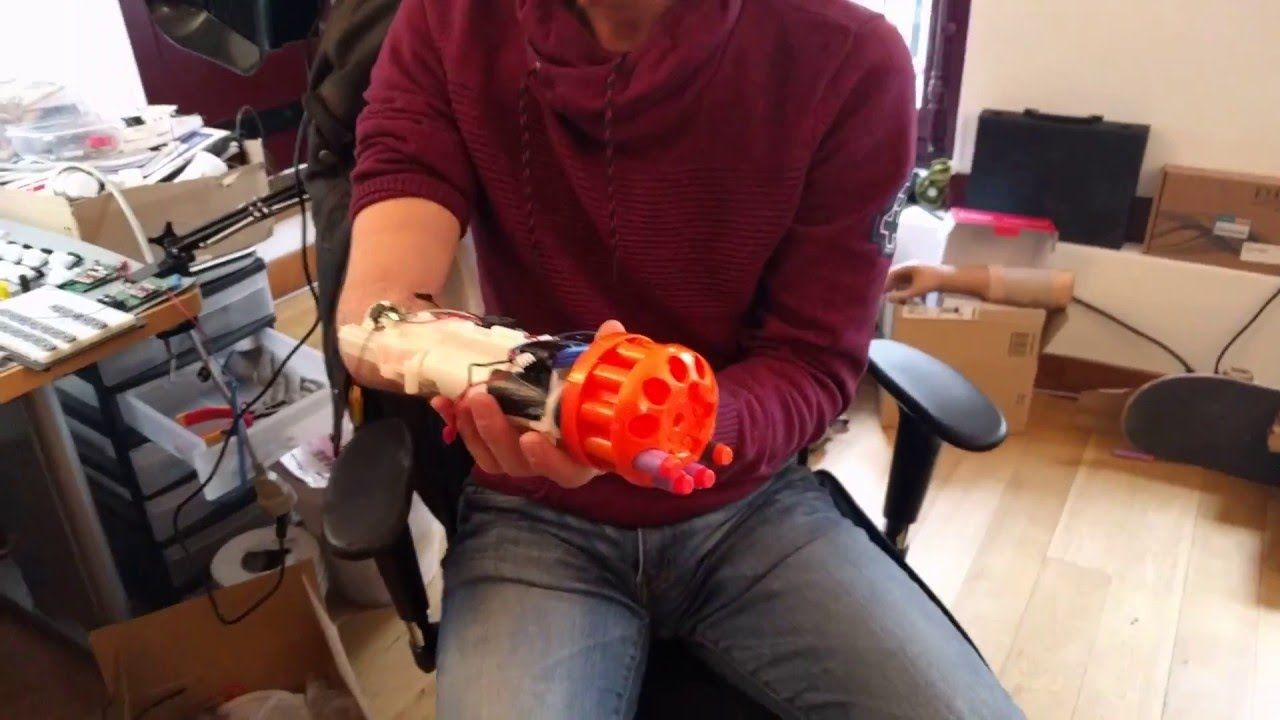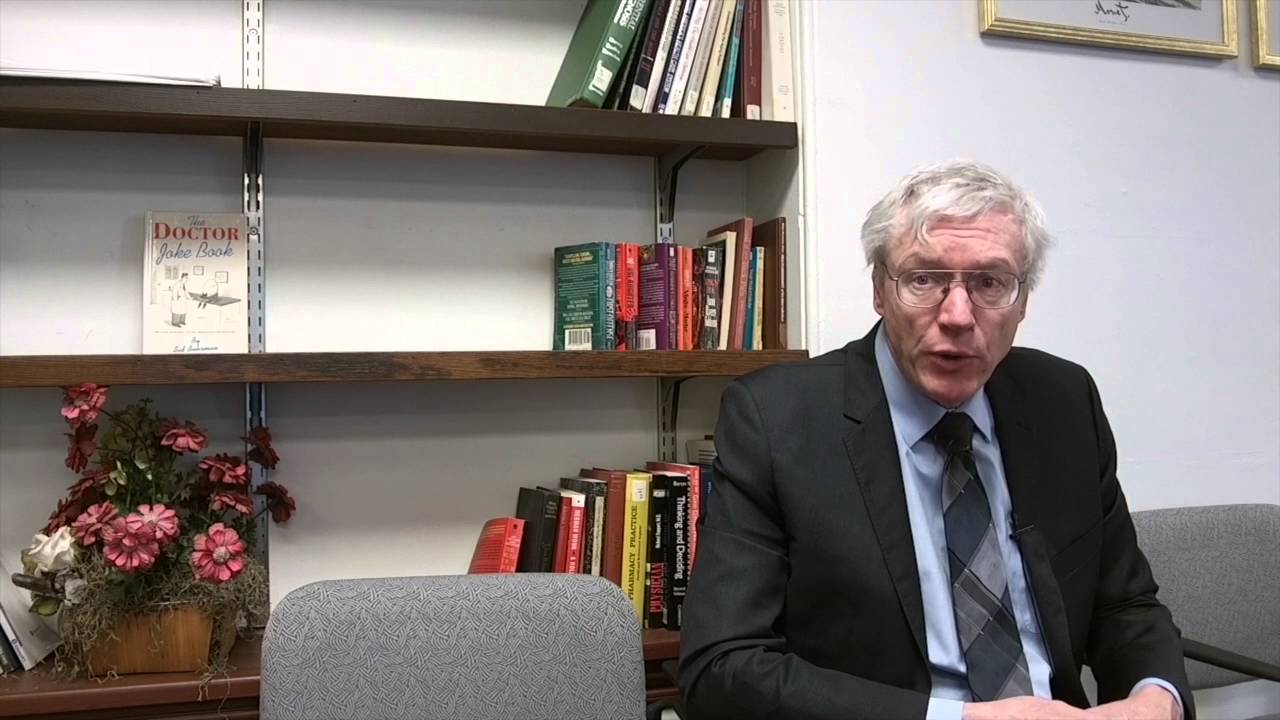![]()
No surprises here. We all have known that with tech in medical research and development would and will continue to solve many diseases such as cancer as we are already seeing with gene and cell circuitry technology.
Silicon Valley thrives on disrupting the traditional ways we do many things: education, consuming music and other media, communicate with others, even how we stay healthy. Bill Gates and Dr. Patrick Soon-Shiong know a few things about how to spend a lot of money to disrupt mainstream research while searching for cures in medicine.
Sean Parker hopes to join their ranks. In 1999, he co-founded the file-sharing service Napster, and in 2004, he became the first president of Facebook. Today, Parker announced his latest endeavor: a $250 million bet on eradicating cancer. Through the Parker Institute for Cancer Immunotherapy, he says his plan is just a matter of time until it works.
Continue reading “Can Silicon Valley cure cancer? Napster founder Sean Parker says yes” »
















